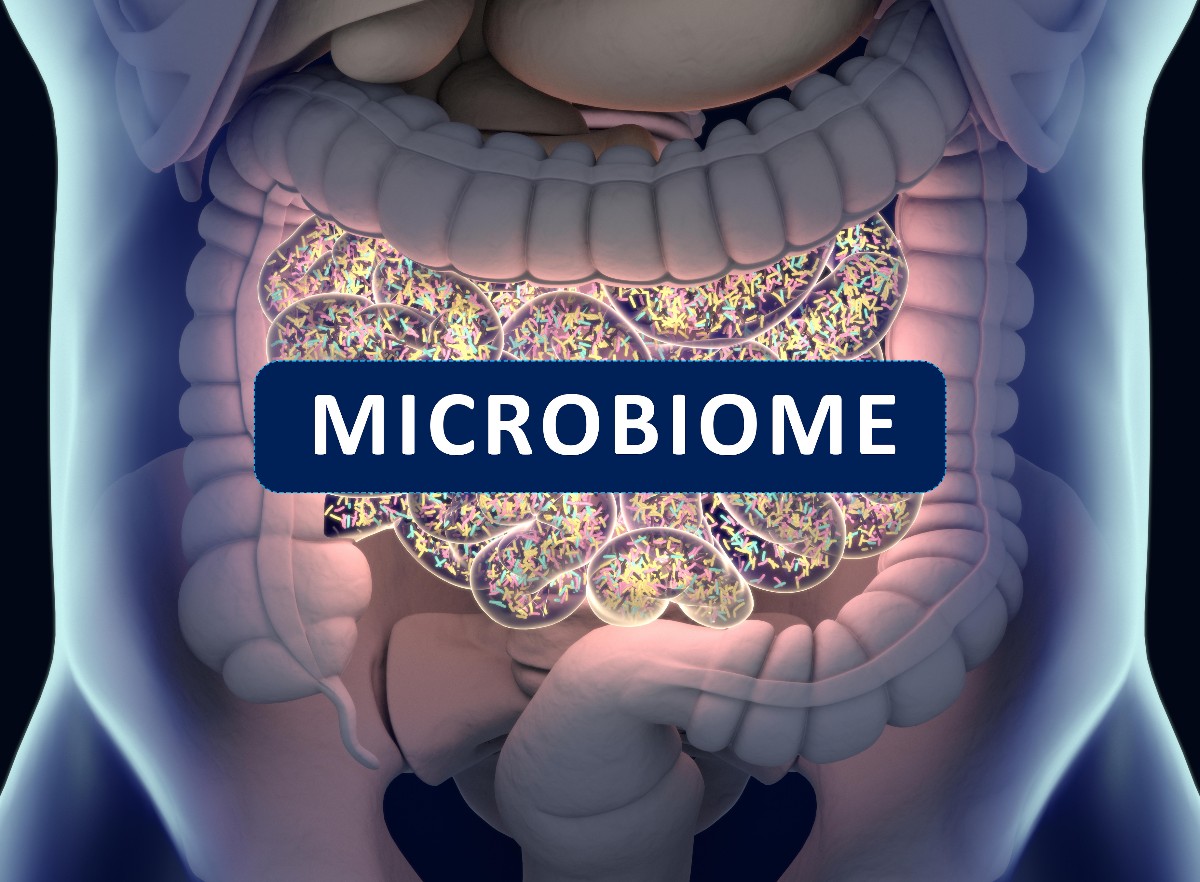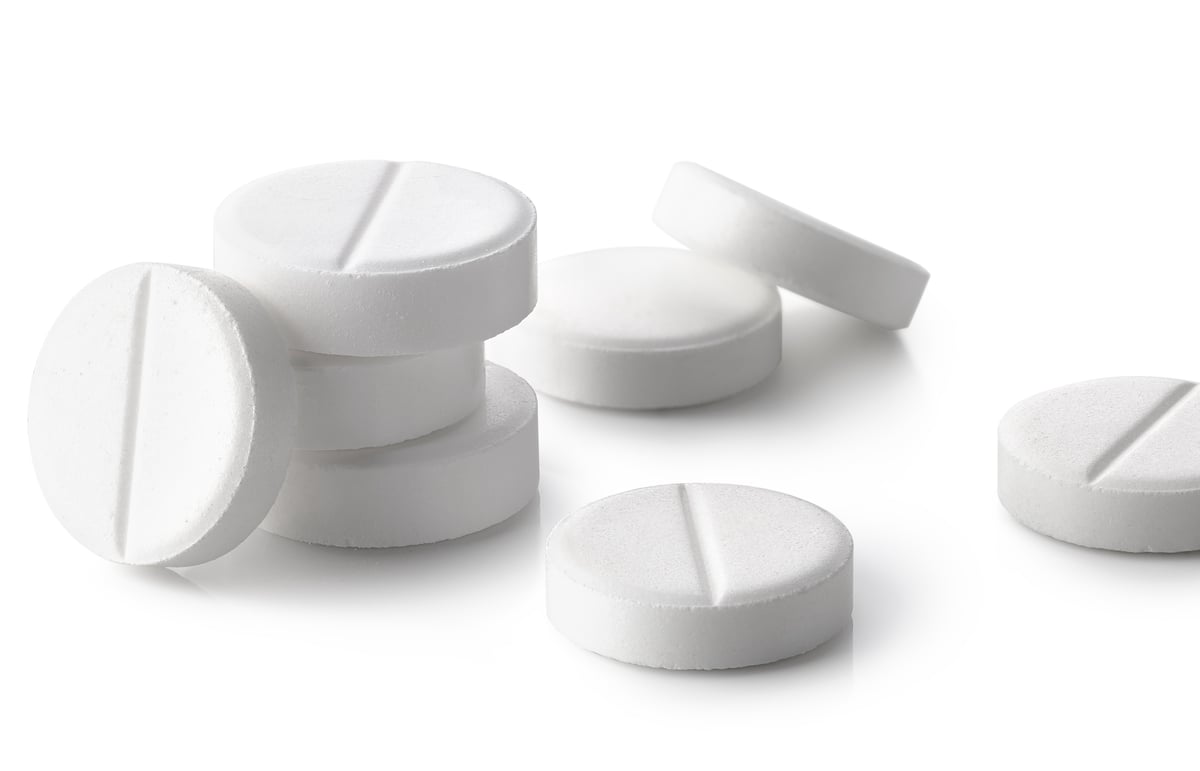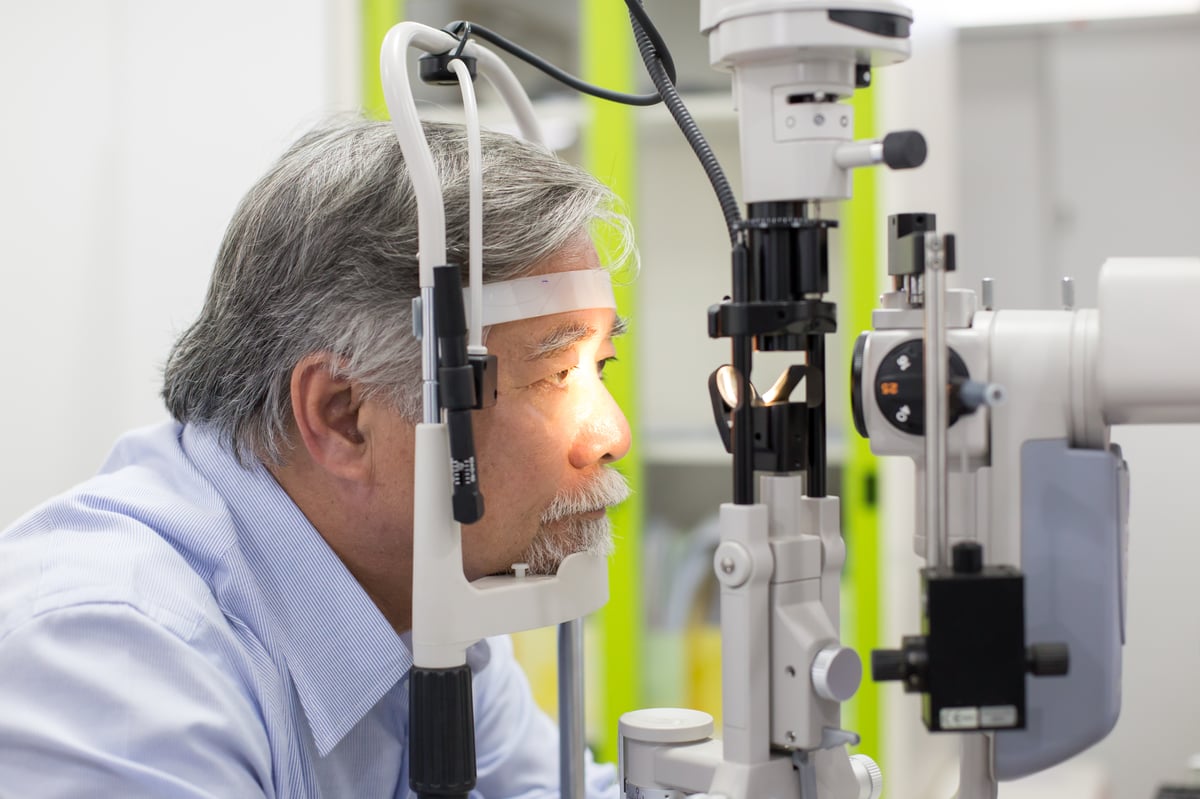
A person’s gut microbiome appears to increase their risk of developing type 2 diabetes, researchers claim. Specific strains of gut microbes are more commonly found in people with type 2 diabetes, and these strains seem to heighten the risk of developing the metabolic disorder, they say. “We believe that changes in the gut microbiome cause… read on > read on >






























